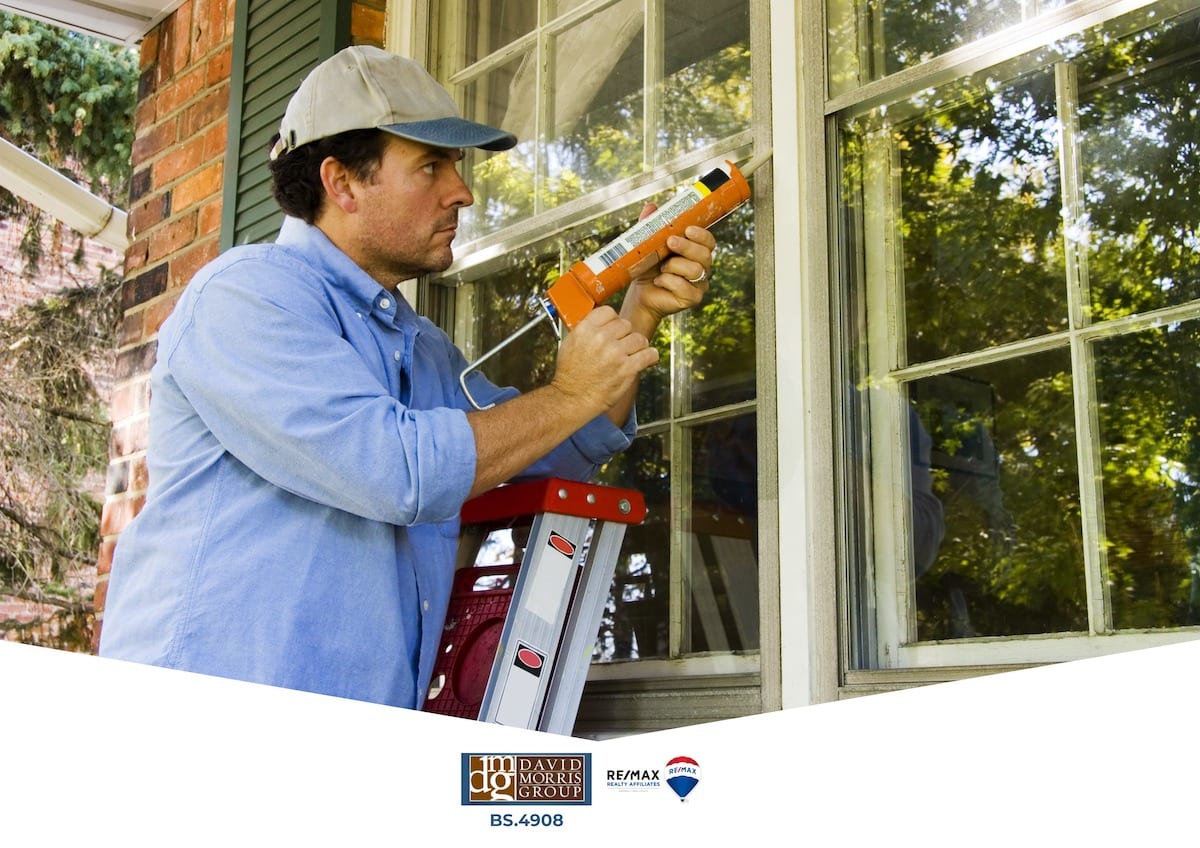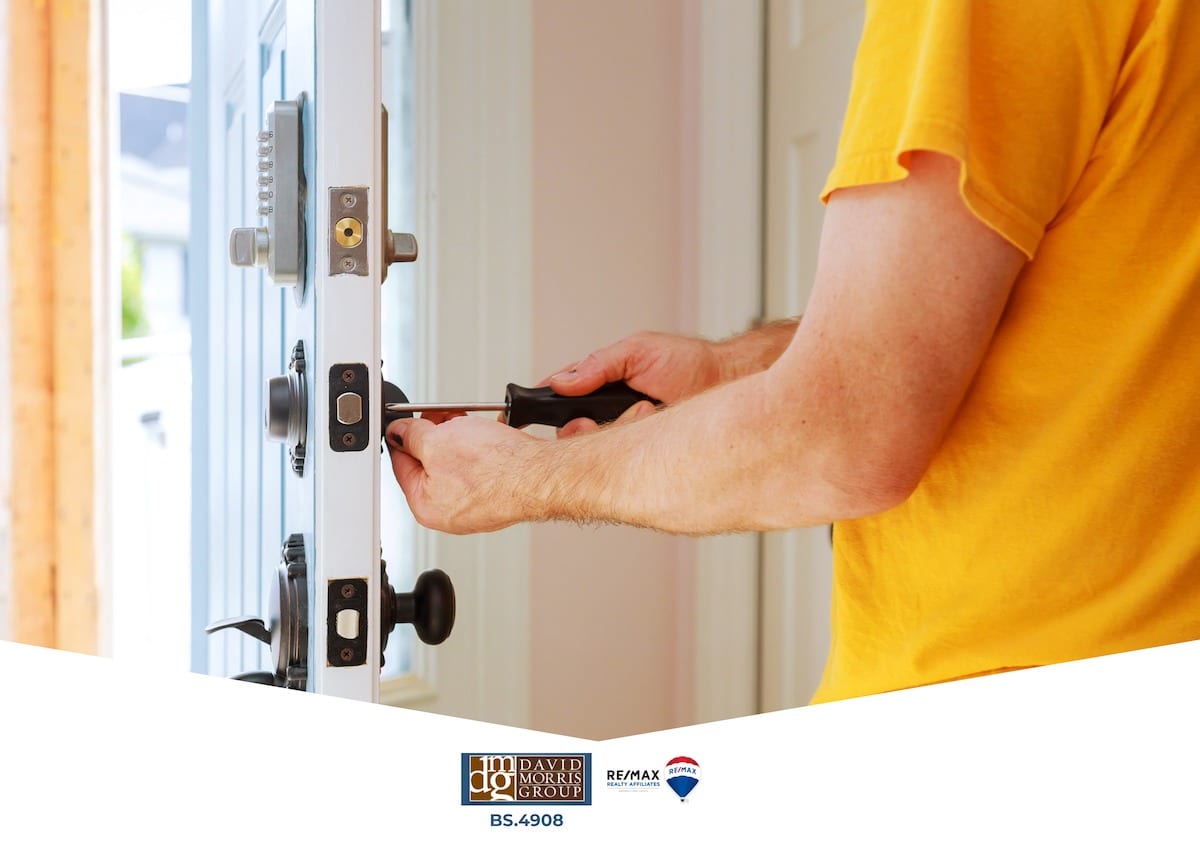The Reality of Real Estate: Nevada First-Time Homebuyer Loan Programs – What Do They Offer and Can They Help Cover Upfront Costs?
As a leading real estate broker in Northern Nevada, we’ve worked with buyers and sellers with a variety of needs, wants, and tools at their disposal. While we are not mortgage brokers and can’t give you loan information that is specific to your circumstances, we have come to learn that there are some great first-time homebuyer programs available to help you cover the costs and secure financing for your dream home.
National Programs
- FHA Loans – Popular amongst buyers with low credit scores and those that can only afford a small down payment. The Federal Housing Administration allows down payments of 3.5% for those with credit scores of 580 or higher. The FHA will insure loans for borrowers with scores as low as 500. Mortgage insurance is also required for an FHA loan.
- VA Loans – Military members, veterans, and surviving spouses can qualify for loans with no minimum credit score and no down payment or mortgage insurance, but be prepared to pay a VA funding fee.
- USDA Loans – Eligible rural and suburban homebuyers can receive a zero-down-payment mortgage through the USDA Rural Development Guaranteed Housing Loan Program. There are very specific limitations and guidelines you’ll have to meet to qualify.
Nevada Programs
- Home Is Possible (HIP) – First-time and repeat homebuyers can receive up to 5% of the loan amount to pay the down payment, closing costs, or a combination of both. The money doesn’t have to be repaid if you keep the home as your primary residence. There are a variety of limitations that must be met, and you will need to complete a homebuyer education course.
- Home Is Possible for First-Time Homebuyers – Down payment and closing cost assistance up to 4% of the loan amount that is strictly for first-time home buyers. There are limitations you will need to meet, but the money doesn’t have to be repaid if you stay in your home for 15 years.
- Home Is Possible for Heroes – Active-duty military, honorably discharged veterans, members of the National Guard, and surviving spouses are eligible for below-market interest rates with a one-time fee of $755. Again, there are specific limitations you’ll need to meet, and an education course is required.
There are great programs at your fingertips to help you with the purchase of your first home. If you’re worried you can’t qualify for a great loan or won’t be able to secure financing, meet with an established mortgage lender to talk through your options. They have the tools and resources to find you the best program and can educate you on how to become a homeowner.
If you’d like some recommendations on great lenders in the area to contact for more information or you’re simply curious about the tools, resources, and knowledge we have for first-time homebuyers, contact the David Morris Group at 775-828-3292!






















